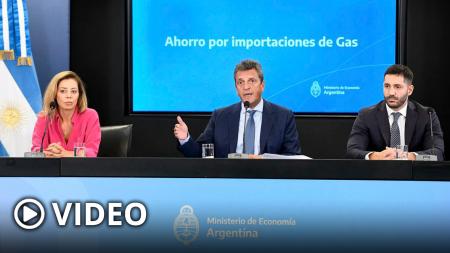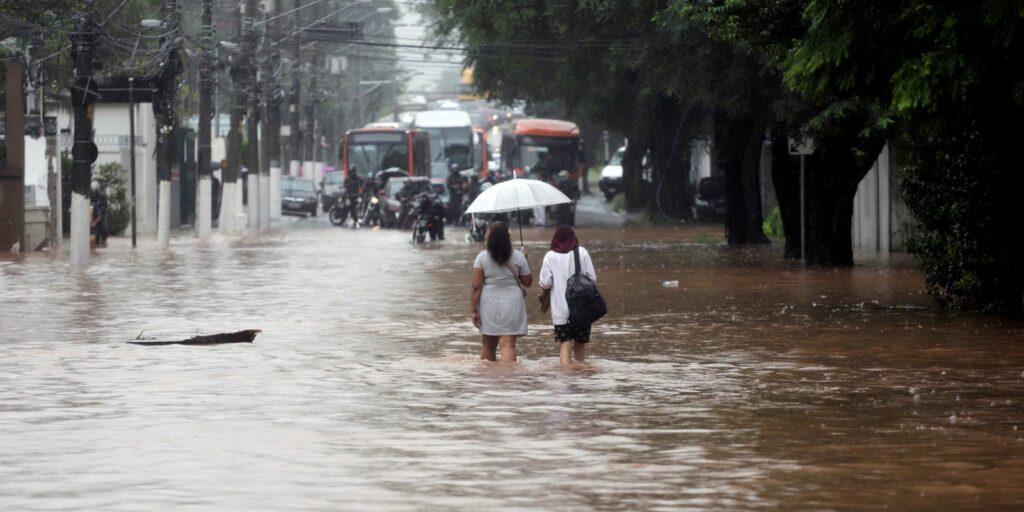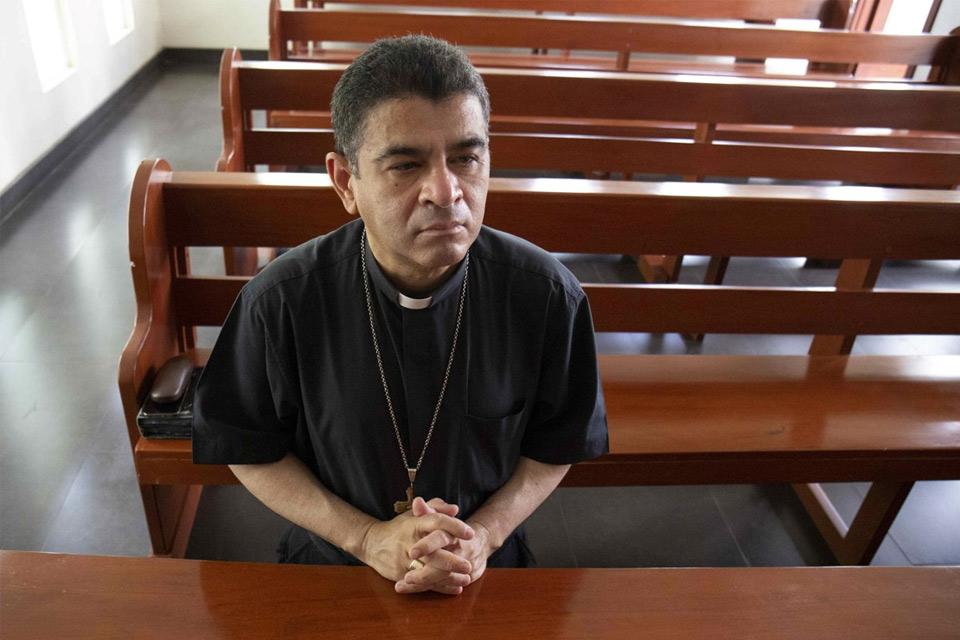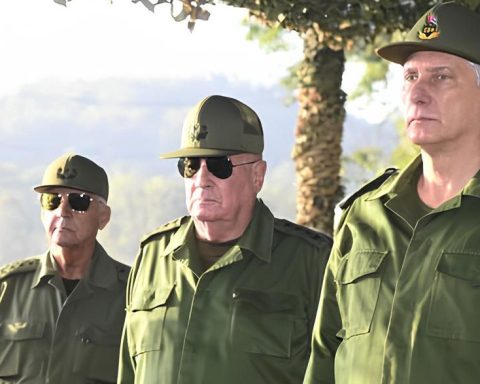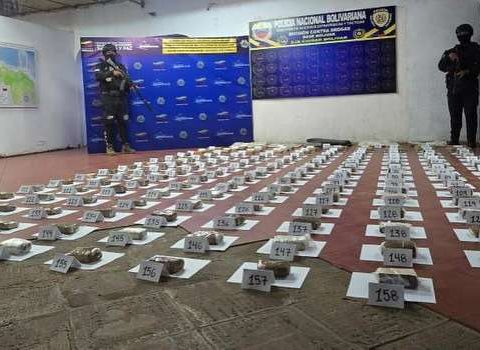The Minister of Economy, Sergio Massa, announced this Friday the savings of US$ 2,100 million in the purchase of liquefied natural gas (LNG) by 2023, “the last year that Argentina will have to import” that fuel.
Massa made the announcement on Friday afternoon at the Microcine of the Palacio de Hacienda, accompanied by the Secretary of Energy, Flavia Royon; and the president of Energía Argentina (Enarsa), Agustín Gerez.
The Minister of Economy pointed out that last year, “one of the damages suffered by the Argentine economy was due to the effect of the war (between Russia and Ukraine) that impacted the price of importing liquefied gas (LNG) ships that inject into our energy matrix”.
For the current year “the originally budgeted expenses for LNG imports were from US$ 3,465 million to US$ 55 per million BTUs. However, the impact of the volatility of the international LNG price opened a window of opportunity for Argentina,” said Massa.
Within this framework, “it was decided to anticipate the purchase of LNG that allowed the price to be lowered to US$ 20.8 per million BTU, through a bidding process, in three blocks, with the participation of nine international companies” in each of these segments, completed Massa.
“In this way, the US$ 3,465 million that Argentina was going to spend is reduced to US$ 1,313 million, generating, on the one hand, a saving of currency outflow for Argentina of more than US$ 2,100 million, and on the other , a fiscal saving of more than $500,000 million”, explained the minister.
Besides, the payment of US$ 1,313 million will be made “in fixed and flat installments” avoiding any type of increase due to seasonal factors, Massa remarked.
The minister said that this will also “lower the cost for electricity generation” of those plants that require LNG to operate.
All this saving “will impact the pocket of citizens and it will provide certainty for the operation of the industry, by guaranteeing levels of production and federal supply at a better price than planned”, the official stated.
To this lower level of spending “will be added the US$ 1,700 million that will be produced as of July of this year with the completion of the first section of the President Néstor Kirchner Gas Pipeline”, which will transport the gas generated in Vaca Muerta to the center and south of the pampean region.

The commissioning of this section of the gas pipeline, plus another two scheduled for 2023, will make “this the last year in which Argentina has to import” LNG, the minister assured.
Massa also pondered that this saving of US$2.100 million is “in the line of guaranteeing fiscal order and care of reserves.”
For this reason, with these LNG imports, “more than US$2.1 billion in savings will be achieved, and another more than $500,000 million in public accounts.”
“Having a sense of opportunity and using resources well makes good management of the State and gives certainty to all citizens,” said Massa.
“This is great news for public accountsfor the care of its reserves, and above all to guarantee the energy matrix for the functioning of the Argentine economy,” the official concluded.
“This is great news for public accounts, for the care of their reserves, and above all to guarantee the energy matrix for the functioning of the Argentine economy”Sergio Massa
Based on official calculations, the war in Ukraine meant an extra cost of US$ 5,000 million for the country, due to the rise in international prices of the energy sector, fertilizers and freight.
“The war has been having a very high cost for the countries of the southern hemisphere, it has already cost Argentina US$ 5,000 million and there is no global arena where this issue is being discussed,” Minister Massa said late last year before leaving for Bali, Indonesia, to attend the G20 Summit.
There, the head of the Palacio de Hacienda raised this situation before the Managing Director of the International Monetary Fund (IMF), Kristalina Georgieva, and the head of the World Bank (WB), David Malpass.
According to official working documents, fuel imports totaled about US$5.8 billion last yearagainst the US$2 billion projected before the start of the war, which resulted in a net increase of US$3.8 billion.
To this was added that, due to the bottlenecks that followed the coronavirus pandemic and the inconveniences that arise in the midst of a war of such magnitude, the international cost of maritime freight increased by 62% compared to the campaign 2020-2021, which represents an extra cost of US$1,850 million for exports and US$1,217 million in 2022 for imports, according to estimates from the Rosario Grain Exchange.
